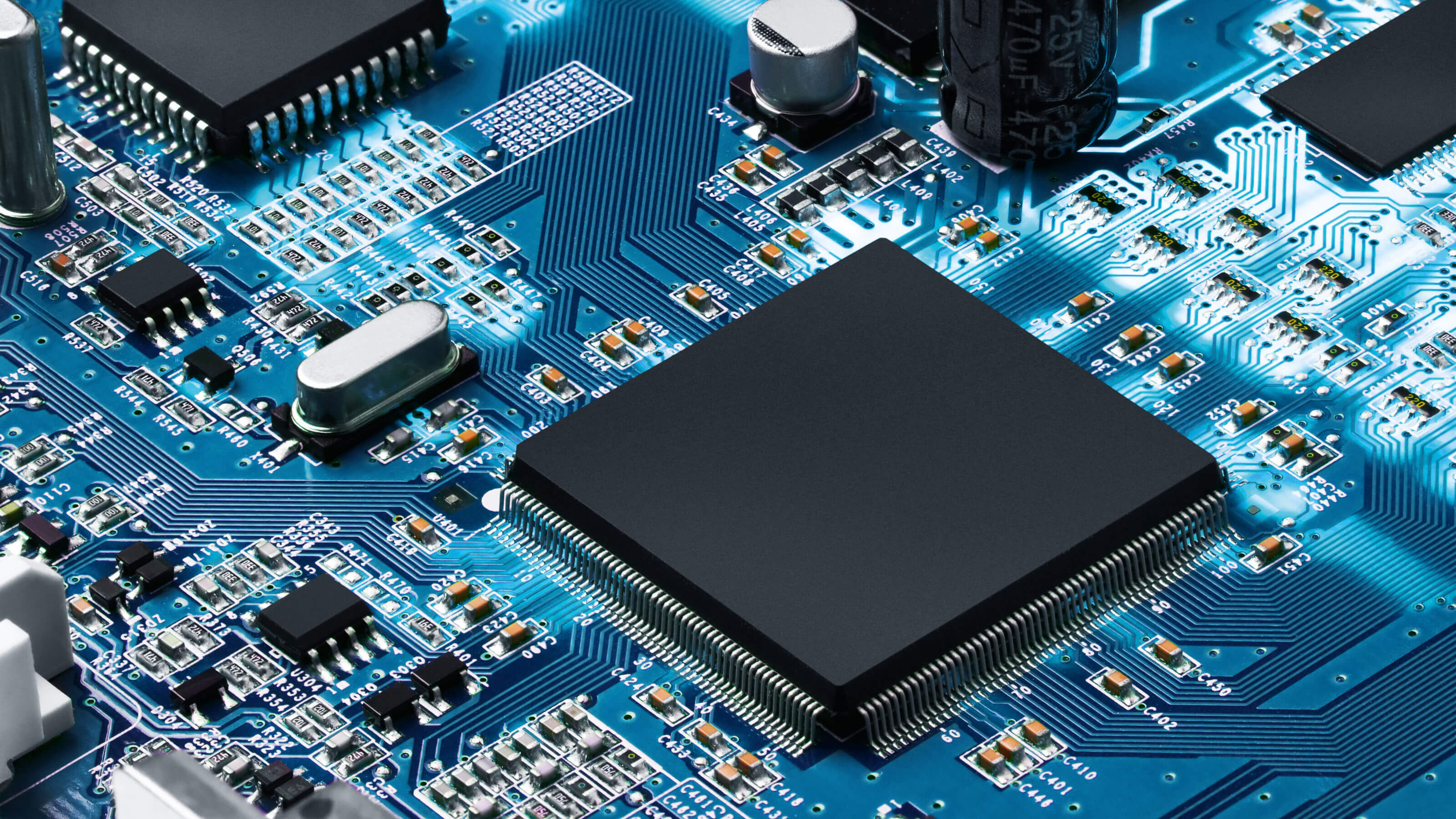
Made in Japan: What does the Hiroshima Accord mean for UK chipmakers?
12 Jun, 20235 mins
The partnership
On 18 May 2023, the UK and Japan entered into the Hiroshima Accord, which included an agreement to cooperate more closely on semiconductor production.
Semiconductors are a key geopolitical priority. The struggle to control their production has set a trade war between the US and China simmering since 2018, with allies of both nations feeling the heat. In March, Japan joined the US’s boycott of advanced chipmaking technology, equipment and expertise exports to China, which Washington hopes will restrict China’s access to advanced computing power.
The US, however, has sought to on-shore its chip production, putting its Asian allies in a bind. Do they allow their own industries to suffer as their key ally (and trading partner) boosts its domestic supply, or do they risk America’s wrath by continuing to export to China?
The Hiroshima Accord solves this conundrum by boosting cooperation between US allies. As well as condemning Russia’s invasion of Ukraine and calling for the dismantling of North Korea’s weapons of mass destruction, the accord specifically calls on China “to act as a responsible member of the international community” and criticises its threatening stance towards Taiwan - home to Taiwan Semiconductor Manufacturing Co. (TSMC), the world’s
largest semiconductor foundry.
As well as its geopolitical comments, the accord commits the UK and Japan to cooperating “to maintain strategic advantage in emerging technologies such as AI and quantum”, underscoring the importance of semiconductors to these.
The day after the Hiroshima Accord was signed, the two governments published a joint statement on their Semiconductors Partnership. Its stated objectives include collaborative semiconductor R&D efforts, sharing of expertise, the scoping of opportunities for trade and investment as well as bilateral projects, and joint efforts to improve semiconductor supply chain resilience.
What will it mean?
First and foremost, diversifying the UK’s chipmaking supply chain and fostering international exchange of skills will boost an industry which has struggled to meet ballooning demand over recent years.
The UK is expected to play to its strengths, with a focus on areas of chipmaking where it is well-positioned to be a global leader: specifically, these include chip design, R&D, compound semiconductors, and advanced packaging.
From Japan’s perspective, the boost to its industry will enable it to regain some of the ground lost to neighbours including South Korea as well as China and Taiwan since its 20th century dominance of the semiconductor world.
Geopolitical Arm-wrestling
Britain’s chipmaking industry was already closely intertwined with Japan; Arm, its largest producer (indeed one of the country’s most successful businesses in any sector) is owned by Japanese tech giant SoftBank. In a sign of the global interconnectedness of the sector, however, SoftBank is preparing to list Arm on the New York stock exchange, while China has been applying pressure to Arm to cooperate more fully with its own institutions.
Beijing has leverage; Arm’s Chinese business requires paperwork to be processed in China in order for the IPO to proceed, and officials in Beijing are declining to do so, effectively blocking Arm from listing.
A Chinese official described Arm as “a must-have all for China’s chip industry” given the scale of tension with the US and its allies. It is likely that restrictions on Arm exporting its most advanced products to the Chinese market will intensify if the situation continues.
Semiconductor support
With global demand for advanced semiconductors so strong, and the struggle to control their supply so intense, we are entering a boom period for semiconductor producers.
Governments across the world are taking steps to incentivise local production. Following on directly from their semiconductor agreement, the UK and Japan have both announced government support packages for semiconductor production.
In February, Japan’s government pledged ¥368.6bn ($2.8bn) in support for semiconductor producers in exchange for 10 years of guaranteed production. In the light of the semiconductor agreement with the UK and Arm’s links to Japan, it is noteworthy that domestic and overseas businesses investing into Japanese production will qualify. More recently, Japan announced a strategy which aims to triple sales of domestically-produced chips to over ¥15tn ($108bn) by 2030.
On the same day it announced the partnership with Japan, Britain’s government pledged £1bn ($1.3bn) towards support for its semiconductor sector. Like the details of the agreement with Japan, the package is tailored to focus on areas where the country can become a leader; especially on semiconductor design.
Conclusion
The commitments set the stage for Britain and Japan, working in tandem with one another, to become major players in the global semiconductor industry, from design through to production. The support package in particular is sure to increase the opportunity and demand for expert semiconductor engineers in both countries.
Oho Group is proud to partner with the most innovative semiconductor and EV companies in the UK and US. Speak to us today for up-to-date information about the job market in either location, and for assistance hiring semiconductor engineers.

